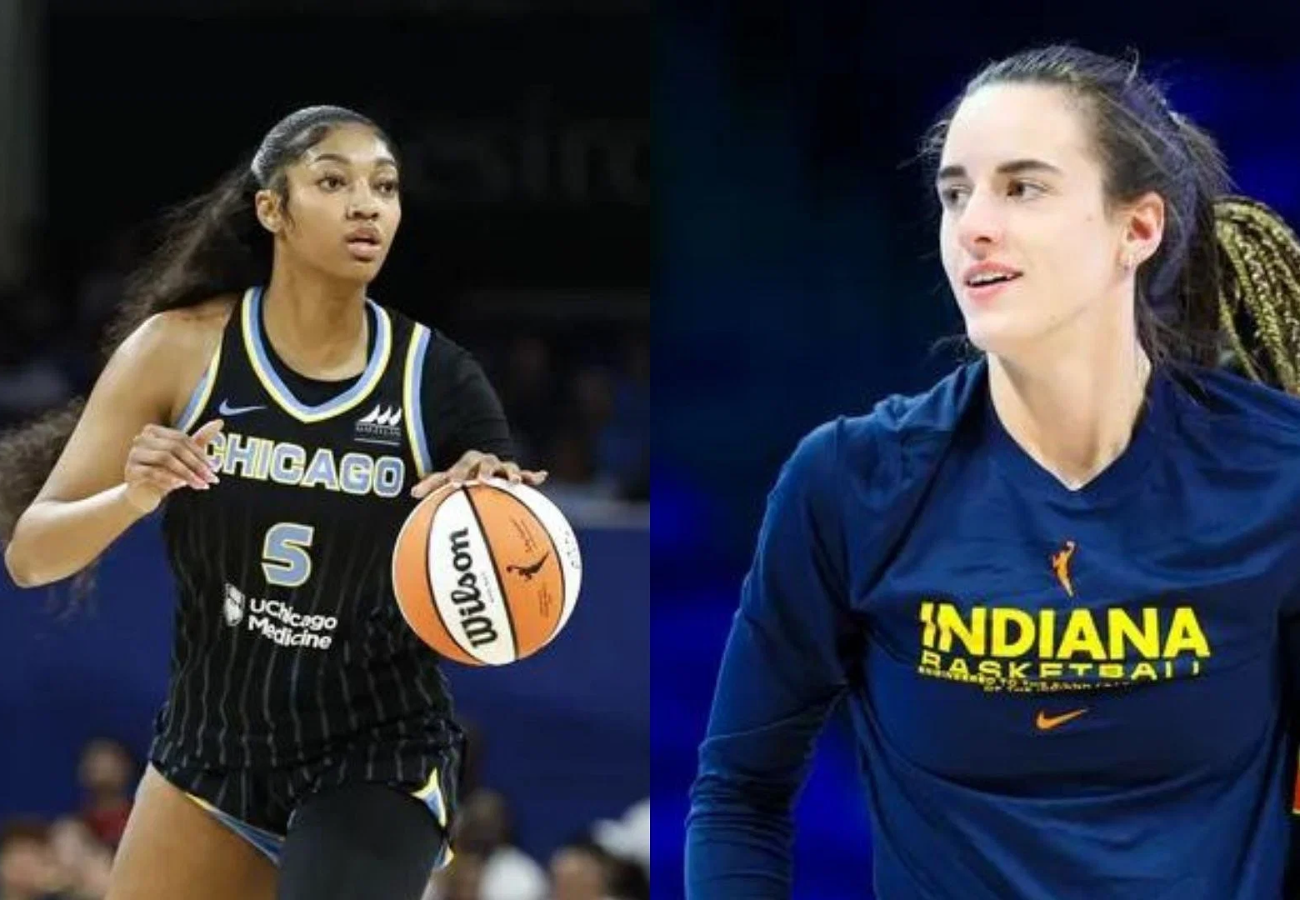
The race for WNBA Rookie of the Year (ROTY) has sparked intense debates, with Caitlin Clark and Angel Reese emerging as frontrunners. Both players have had outstanding rookie seasons, breaking records and leading in key categories. However, when analyzing their contributions and overall impact, it becomes evident that Caitlin Clark stands head and shoulders above the competition. Here’s why Clark deserves to be the unanimous ROTY.
Historic Performance and Record-Breaking Achievements
Caitlin Clark’s rookie season has been nothing short of extraordinary, as she has shattered several WNBA records, both as a rookie and a guard. Some of her most notable records include:
Most double-doubles by a guard in a season
Most 20-point, 10-assist games in a season
First rookie to have two triple-doubles in a season
Most 3-pointers made by a rookie
Fastest to 500 points and 200 assists (the only rookie to achieve this)
Beyond her individual records, Clark is also close to breaking the WNBA record for most assists in a season, needing only 30 more to do so. She is also on track to set the new rookie record for points in a season, needing just 17.2 points per game to secure that title. These accomplishments highlight her versatility and ability to contribute across multiple areas on the court, a hallmark of elite players.
Game-Changing Impact on Team Success
Perhaps what separates Caitlin Clark the most from other candidates is her impact on her team’s success. Coming into the WNBA, Clark joined a struggling franchise and has been instrumental in transforming them from a bottom-tier team into a playoff contender. Her ability to not only score but also facilitate her teammates’ success with her league-leading assist numbers has been critical to this turnaround.
Clark currently holds the WNBA record for most points per game accounted for (a combination of points scored and points created by assists) in league history. This shows her ability to orchestrate offense beyond just her individual scoring. Her dynamic playmaking and leadership have allowed her to elevate her team and maximize the performance of her teammates.
Comparing Angel Reese’s Season
Angel Reese has also had an impressive rookie season, leading the league in rebounds, offensive rebounds, and double-doubles. However, her statistical achievements, while remarkable, do not translate into the same level of overall team success as Clark’s. The Chicago Sky, where Reese plays, currently sits near the bottom of the standings, while Clark’s team has secured a playoff spot.
One of the criticisms surrounding Reese’s game is her inefficiency near the basket. Despite being a dominant rebounder, Reese struggles to convert her shots around the rim, shooting just 40% from under 5 feet and worse from 5-9 feet. This inefficiency means that although Reese gathers many rebounds, she frequently misses second-chance opportunities, which hurts her team’s ability to capitalize on offensive possessions.
In contrast, Clark has demonstrated remarkable efficiency in shooting and distributing the ball. While Reese excels in one specific area (rebounding), Clark’s well-rounded game—highlighted by her scoring, assists, and leadership—sets her apart. Clark’s versatility is a significant factor in why the race for ROTY isn’t close.

Turnover Debate: A Necessary Trade-off?
Critics of Clark often point to her high number of turnovers, as she currently holds the all-time WNBA record for most turnovers in a season. However, this statistic requires context. Clark’s high turnover rate is a product of her role as the primary ball-handler and playmaker for her team. She consistently has the ball in her hands, orchestrating the offense and making high-risk, high-reward plays. Most of her turnovers result from aggressive passing attempts to create opportunities for her teammates, many of whom fail to secure the ball.
This is a trade-off seen in other great players throughout basketball history. Players who handle the ball the most and carry the offensive load will naturally have higher turnovers. However, Clark’s turnovers are more than offset by her positive impact on scoring and assists. Her playmaking prowess far outweighs any downside of her turnovers.
Leadership and Accountability
Caitlin Clark has also shown remarkable leadership qualities as a rookie, taking responsibility for her mistakes and holding herself accountable. This was evident in a recent game where she made a key turnover during a critical moment. After the game, Clark owned up to her mistake, admitting that her decision cost the team momentum. This level of maturity and self-awareness speaks to her potential to become a future face of the WNBA.
In contrast, critics of Reese have pointed out that despite her rebounding numbers, she often misses multiple put-back attempts, leading to lost scoring opportunities. While both players have their flaws, Clark’s ability to take responsibility and bounce back from mistakes gives her a leadership edge.
Clark’s Superior All-Around Game
The main argument in favor of Caitlin Clark over Angel Reese as ROTY boils down to her superior all-around game. Clark isn’t just a great scorer; she’s a dynamic playmaker, elite shooter, and impactful leader. Her ability to account for a large percentage of her team’s points, either through scoring or assists, makes her a uniquely valuable player in the WNBA.
Angel Reese’s contributions, though significant, are limited to a narrower aspect of the game—rebounding and post play. While she’s an elite rebounder, her offensive struggles and the overall lack of impact on her team’s success highlight why Clark is in a different class this season.





